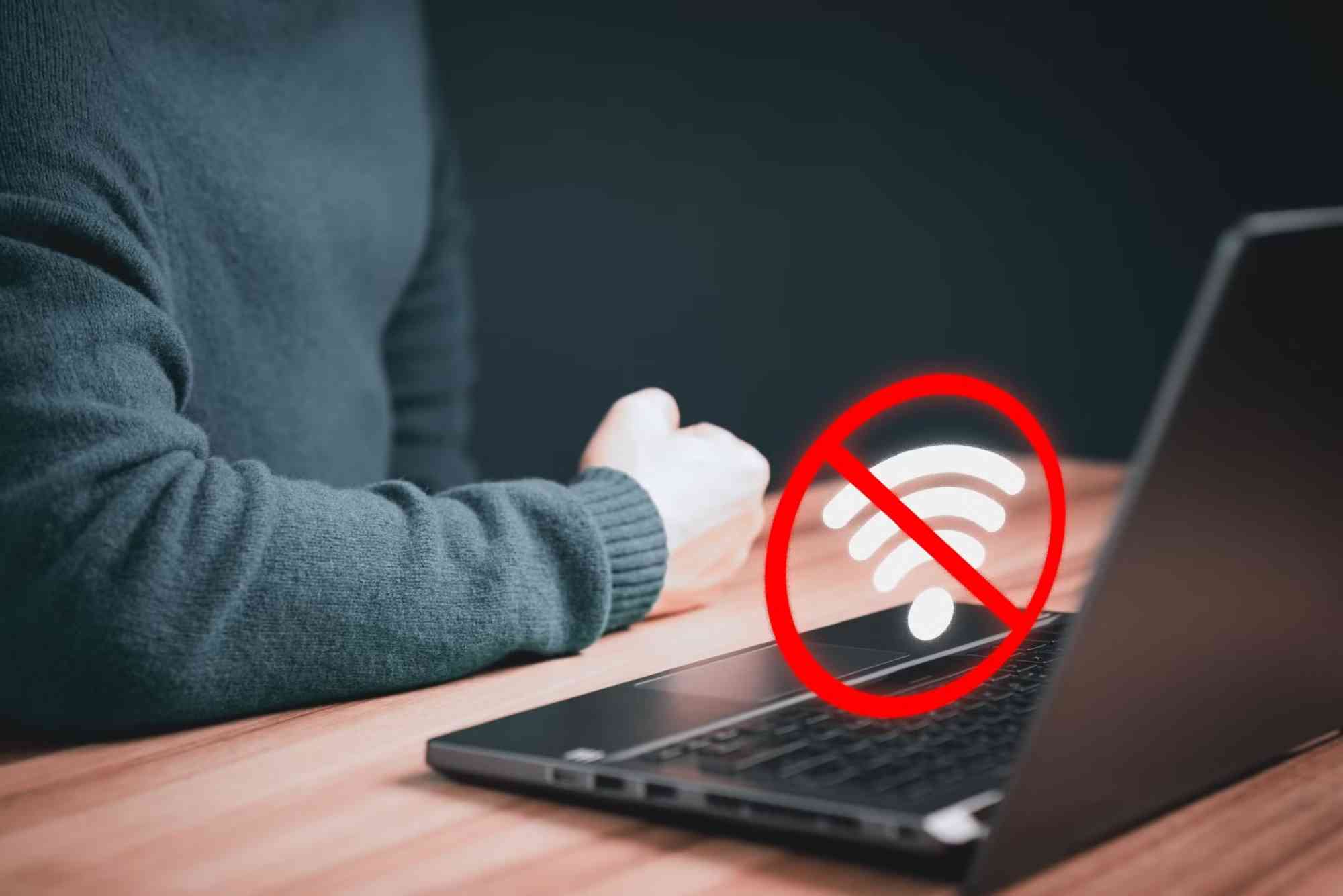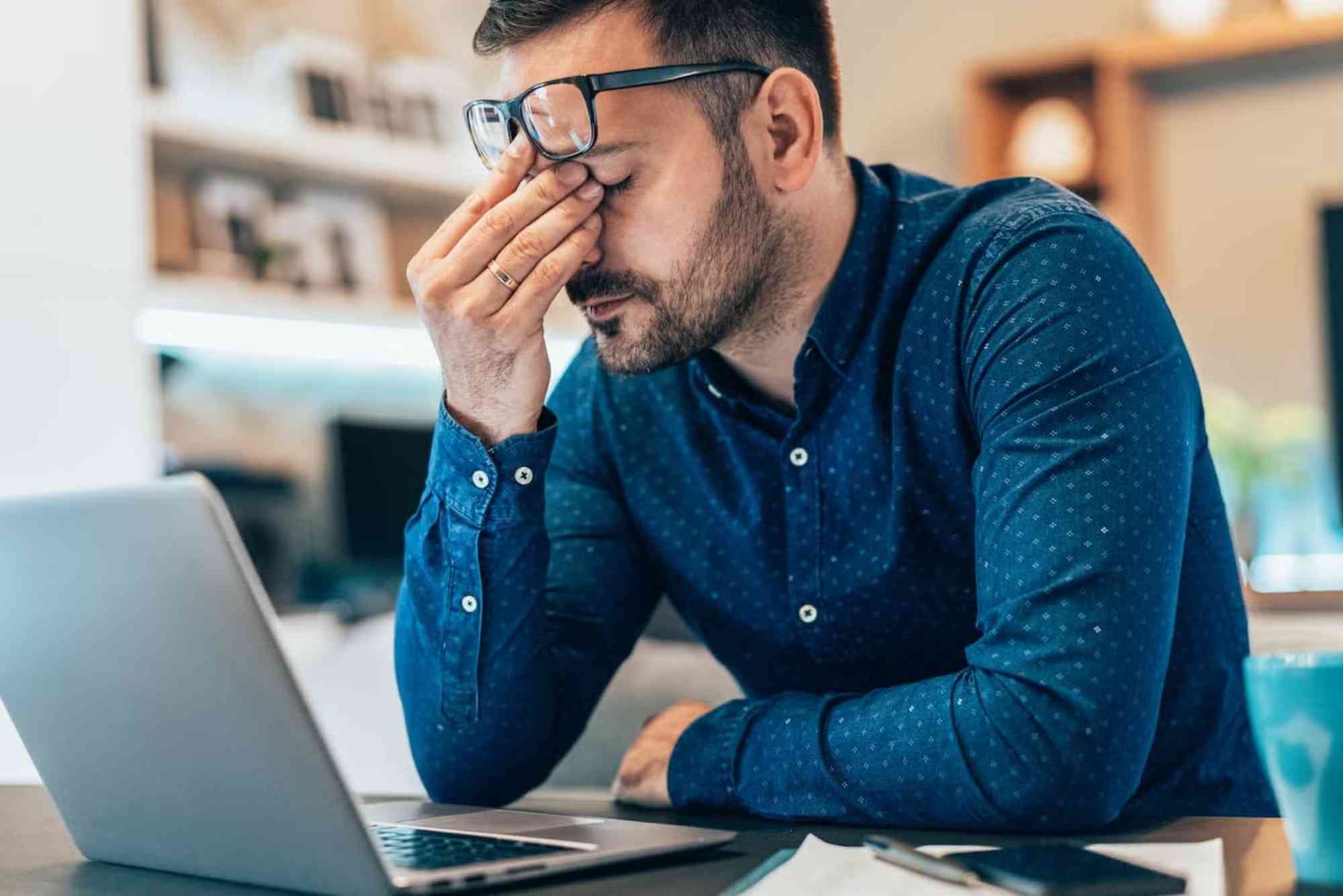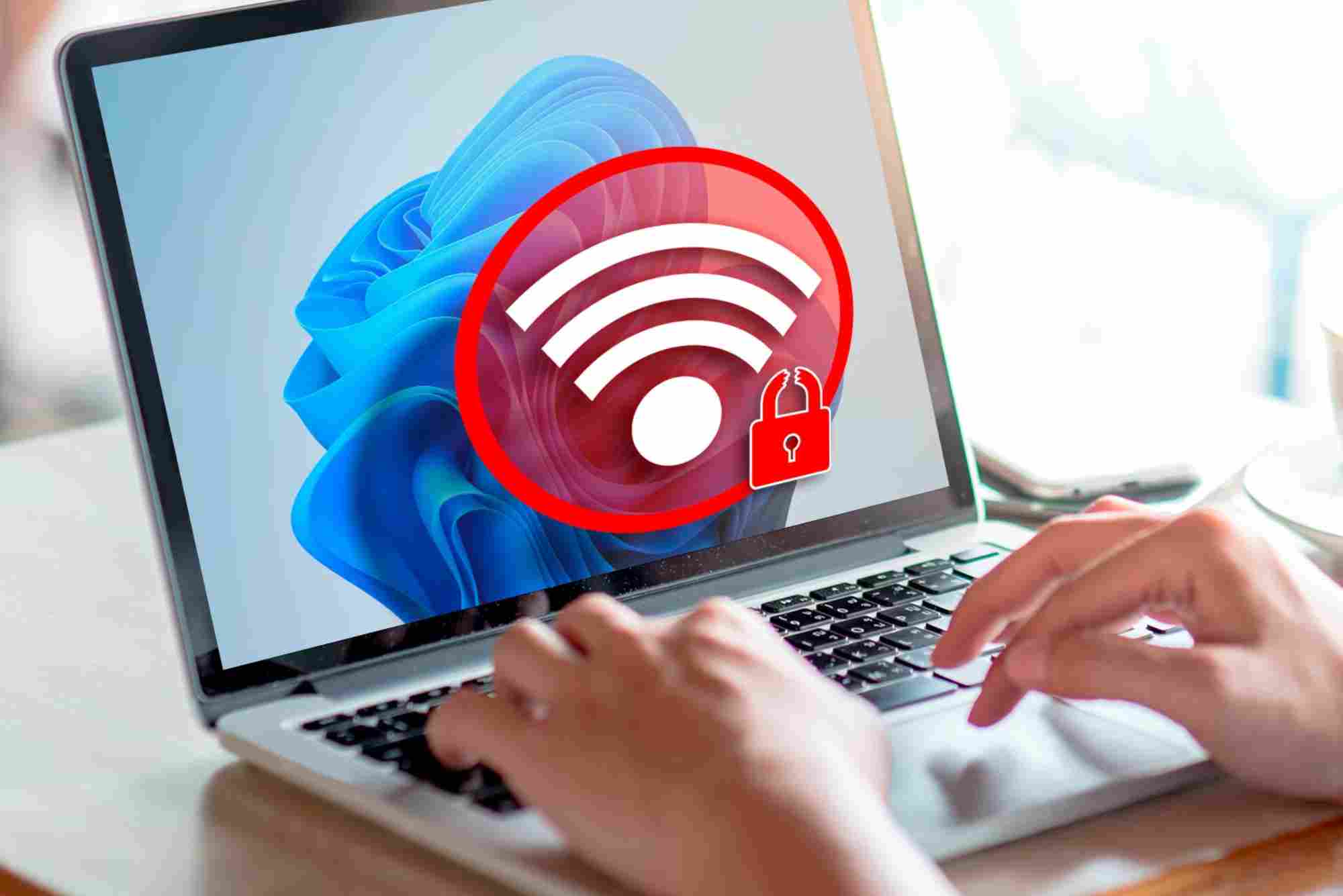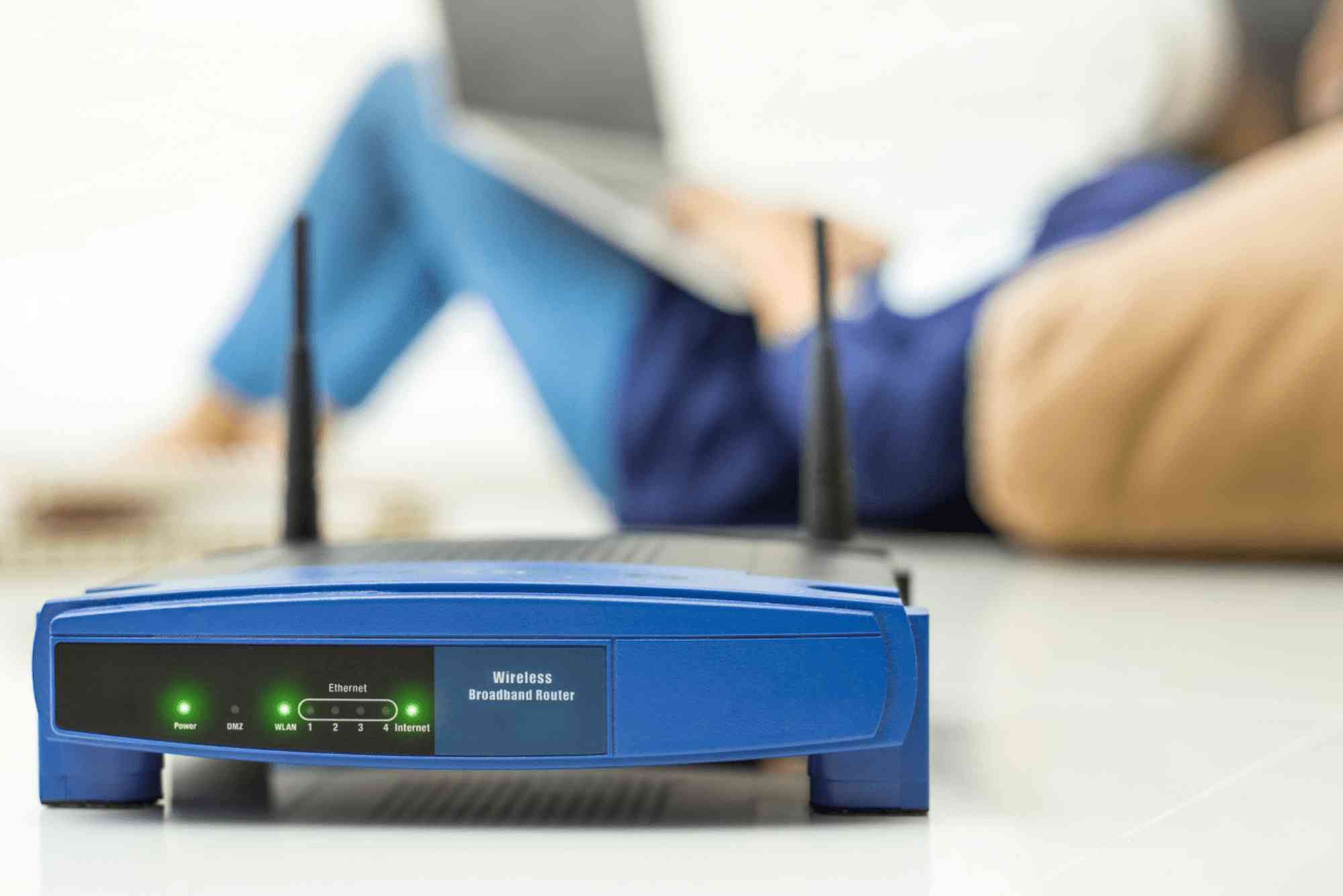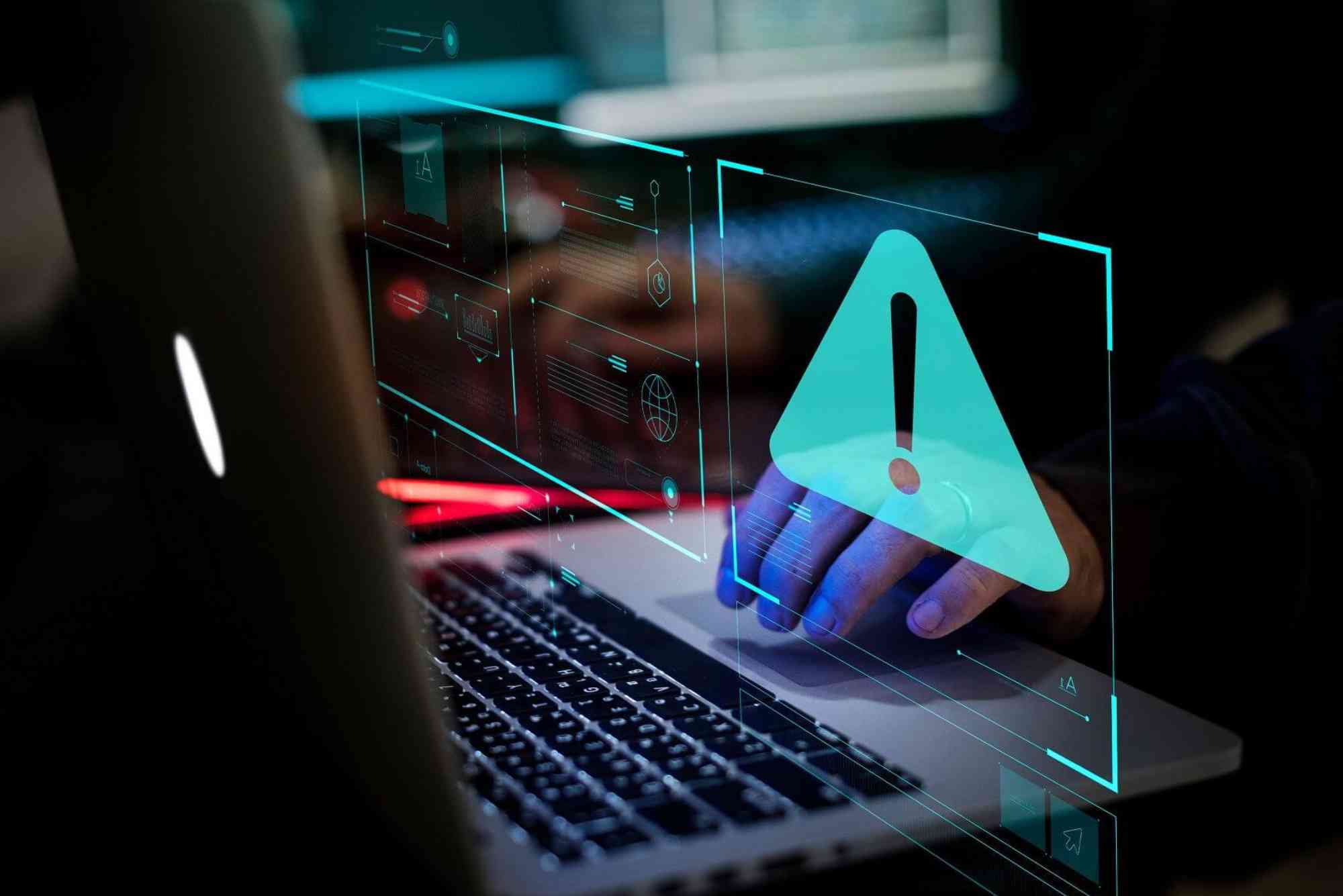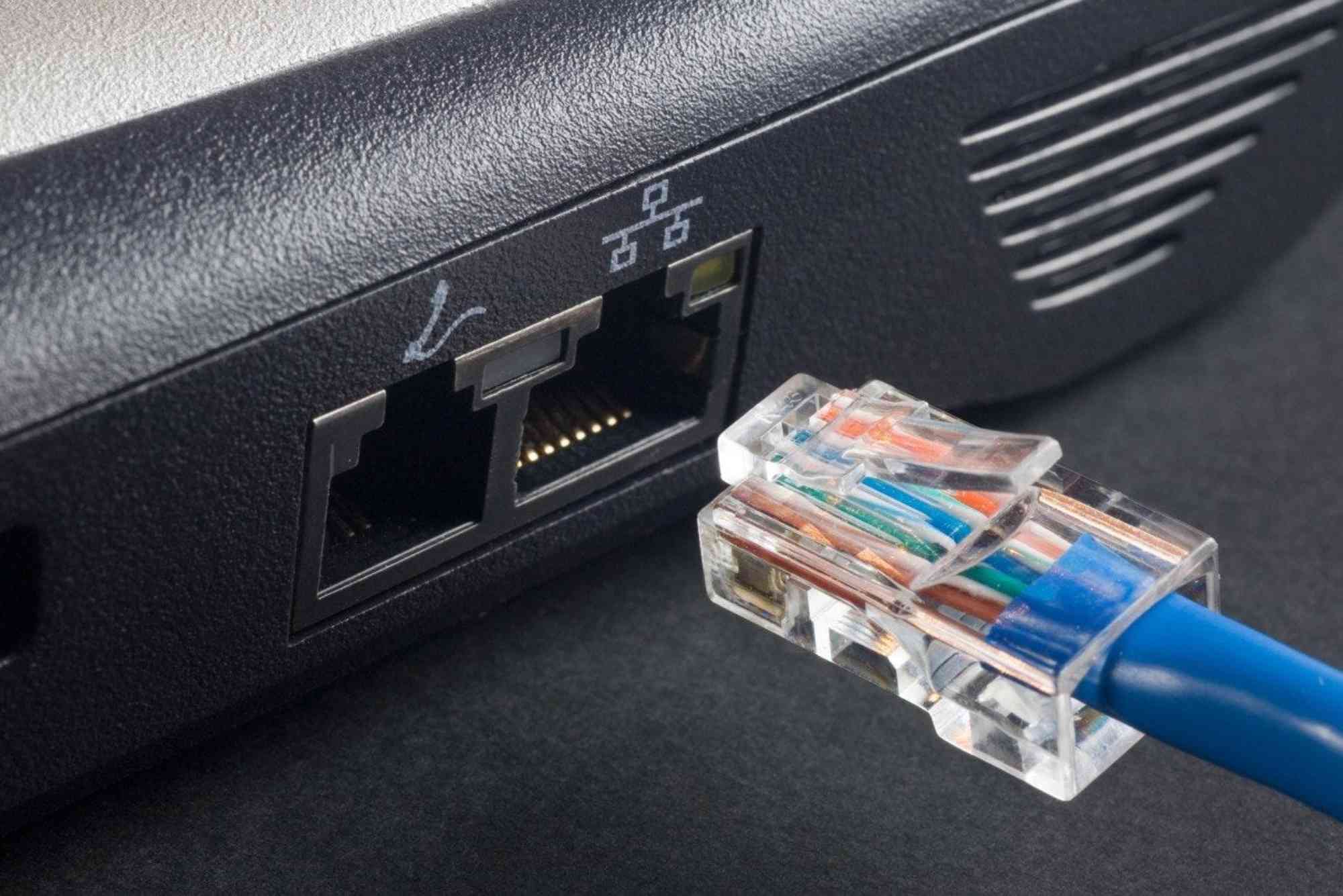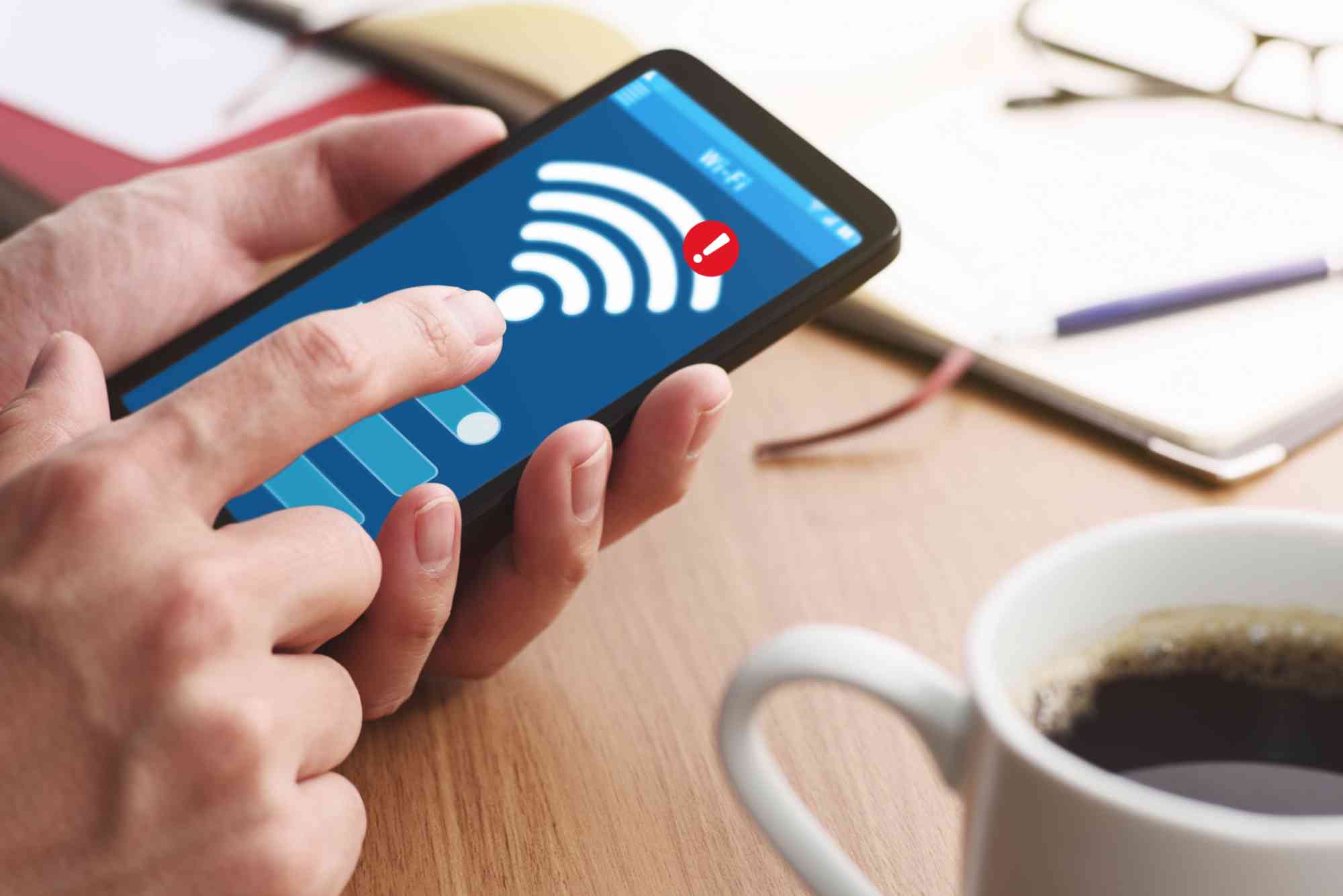How VPNs Protect You on Public Wi-Fi Networks
Public Wi-Fi is everywhere—airports, cafes, hotels, and shopping malls. While it’s convenient, it’s also one of the most dangerous places for your data. Hackers often target unsecured networks to steal sensitive information. That’s where a VPN for public Wi-Fi safety becomes essential.
A VPN (Virtual Private Network) encrypts your internet connection, shielding your data from cybercriminals, identity thieves, and prying eyes. In this article, you’ll learn how VPNs safeguard you on public Wi-Fi, why you should never browse unprotected, and what to look for in a reliable VPN.
Why Public Wi-Fi Is Dangerous
Public Wi-Fi is usually unencrypted and lacks strong security measures. This makes it a goldmine for hackers.
Common Risks on Public Wi-Fi
- Data Theft – Hackers can intercept your personal details like logins or credit card numbers.
- Man-in-the-Middle Attacks – Criminals insert themselves between you and the website you’re visiting.
- Fake Hotspots – Cybercriminals set up rogue Wi-Fi networks to trick users.
- Malware Injection – Infected networks can install harmful software on your device.
Without protection, these risks can lead to financial loss, identity theft, or unauthorized access to your accounts.
How VPNs Keep You Safe on Public Wi-Fi
Using a VPN for public Wi-Fi safety adds a layer of security that protects you from these risks.
Encryption of Your Internet Traffic
VPNs encrypt your online data, making it unreadable to hackers. Even if someone intercepts your connection, they can’t decode your information.
Secure Connection to Websites
A VPN forces your connection through a secure server. This ensures that sensitive actions like banking or online shopping remain private.
Protection Against Fake Wi-Fi Hotspots
VPNs prevent rogue networks from capturing your data by verifying secure connections.
IP Address Masking
Your real IP address is hidden, reducing the chance of tracking or location-based targeting.
Safe Browsing Across Devices
Whether on your phone, laptop, or tablet, a VPN ensures public Wi-Fi safety across all platforms.
Real-World Example: Why a VPN Matters
Imagine you’re at an airport, connecting to free Wi-Fi to check your bank account. Without a VPN, a hacker on the same network could easily intercept your login details. With a VPN, your information is encrypted, making it useless to them.
Benefits of Using VPN for Public Wi-Fi Safety
Enhanced Privacy
Your browsing activity stays hidden from internet providers, hackers, and even advertisers.
Peace of Mind
You can confidently check emails, shop online, or access work files without fear of spying.
Access to Geo-Restricted Content
VPNs allow you to access websites or streaming platforms unavailable in certain regions.
Data Integrity
VPNs ensure that your data arrives at its destination without tampering.
Choosing the Right VPN for Public Wi-Fi Safety
Not all VPNs offer the same level of protection. Look for these features when selecting one:
Strong Encryption Standards
Choose a VPN with AES-256 encryption, the industry standard for strong protection.
No-Logs Policy
A trustworthy VPN should not store your browsing history.
Multi-Device Support
Make sure it works across laptops, tablets, and smartphones.
Speed and Performance
A good VPN shouldn’t slow your browsing significantly.
Reliable Customer Support
When issues arise, responsive support is crucial.
For consistent and secure internet connectivity, you can also explore Dhanote Internet Services. Reliable internet combined with a VPN ensures both speed and safety.
Best Practices for Safe Public Wi-Fi Use with a VPN
- Always connect to Wi-Fi through your VPN before browsing.
- Avoid accessing sensitive accounts if your VPN is off.
- Enable automatic VPN connections for public networks.
- Keep your VPN app updated for the latest security patches.
FAQs
Is it safe to use public Wi-Fi with a VPN?
Yes. A VPN encrypts your connection, making it safe to browse, even on unsecured networks.
Can hackers bypass a VPN?
It’s extremely difficult. With strong encryption, hackers can’t access your data without the decryption key.
Should I use a free VPN for public Wi-Fi safety?
Free VPNs often lack strong security and may log your data. Paid services are more reliable.
Do VPNs slow down internet speed?
Slightly, yes, because of encryption. However, premium VPNs minimize this impact.
Can I use a VPN on my smartphone?
Absolutely. Most VPN providers offer apps for iOS and Android devices.
Public Wi-Fi is convenient, but it’s also a hotspot for hackers. A VPN for public Wi-Fi safety ensures your data is encrypted, private, and secure. From protecting sensitive information to enabling safe browsing, a VPN is your ultimate defense.
Don’t wait until it’s too late—start using a VPN whenever you connect to public Wi-Fi. Combine it with reliable internet providers like Dhanote Internet Services for the best online experience.

